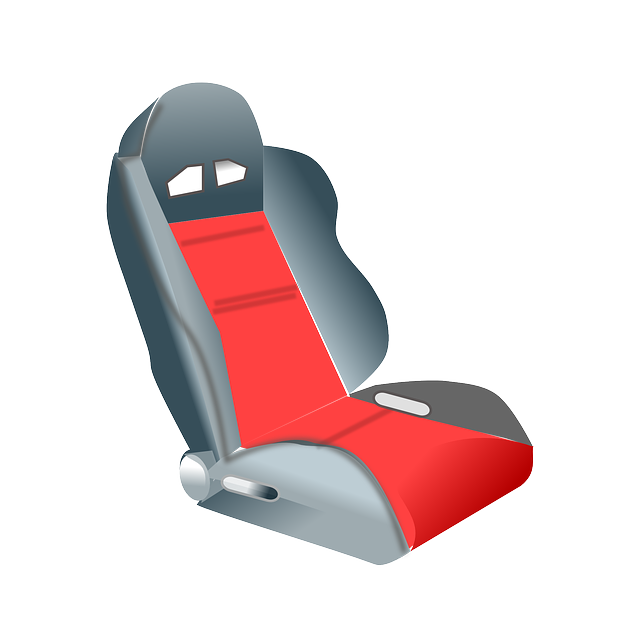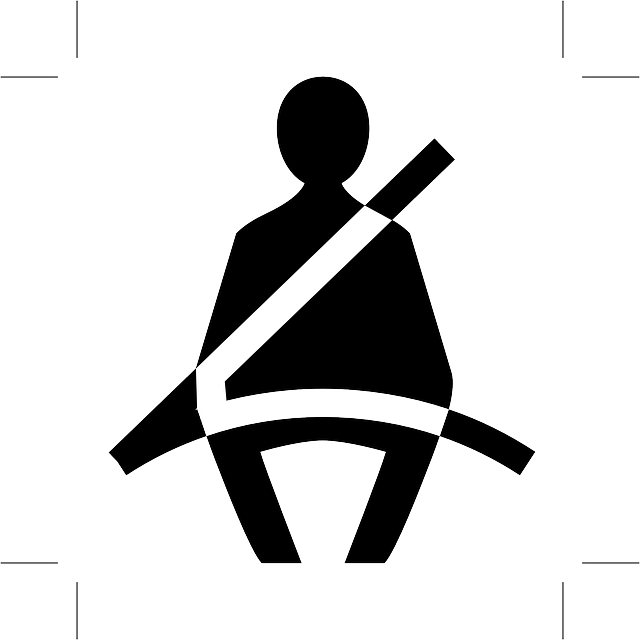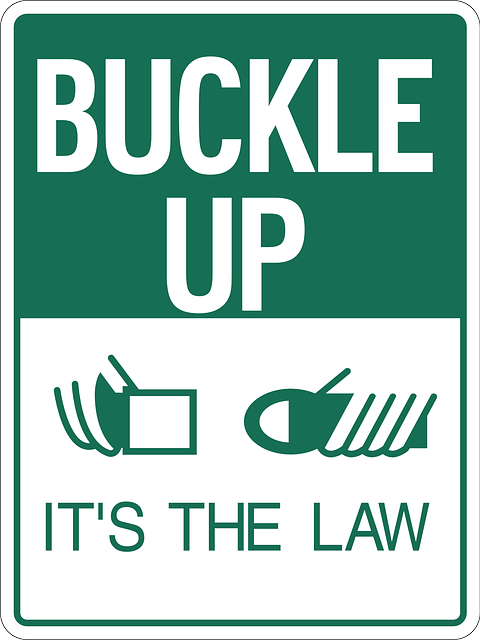The Importance of Child Passenger Safety
Keeping children safe during car rides is a top priority for parents and caregivers. When it comes to understanding when a child can legally ride in a booster seat or sit in the front back seat according to Georgia law, there's more to the story than just age. This article digs deep into this crucial subject.
Highlighting the Risks: Why Front Seat Riding isn't Child's Play
The question of when a child can safely ride in the front seat of a car is not just a matter of curiosity. There are significant risks serious injury associated with prematurely allowing a child to either sit in a rear facing position when can child ride in front seat georgia in the front, sit in the front front passenger seat or in the front seat, including severe injury from airbags designed for adults, not children.

Decoding Georgia Law: Age, Weight, and Height Requirements
In Georgia, the law states that a child must be at least 13 when can child ride in front seat georgia five to eight years old to ride in a forward facing seat, or rear facing car seat while in the front seat of a car. But it's not just about age. There are also specific weight and height requirements for child's car seat that need to be met to ensure the child's safety.
The Implications of Front Seat Riding: Risks and Consequences
Front seat riding for all children under the age of comes with inherent risks of serious injuries, primarily because of the adult-centric design of airbags and seat belts. Understanding these risks can help parents make informed decisions about when to allow their child to sit in the front back seat.

Car Seats and Booster Seats: The Unsung Heroes of Road Safety
Car seats and booster seats play a crucial role in child passenger safety. They provide the necessary support and positioning for a child's smaller frame, ensuring proper child restraint system, proper restraint of the vehicle's seat belt and the child's body and the child restraint system itself functions properly installed effectively.
Exceptions to the Rule: When Can Children Ride in the Front Seat?
While the state law regarding child see is clear, there are exceptions that parents should be aware of. These exceptions mainly concern vehicle design and emergency situations such child's height.

A Comparative Analysis: How Georgia Law Stacks up against Other States
Compared to other states, Georgia's law provides more detailed guidelines for the child safety seat and passenger safety lap and shoulder belt only, specifying age, weight, and height requirements such child car seats and lap and shoulder belts for front seat riding.
Non-Compliance: What's at Stake?
Violating the state of law states the child passenger restraining system in passenger vehicles by law Georgia's child passenger safety laws has serious consequences, including hefty fines and points against the driver's license.
Legal Consequences
First and foremost, non-compliance with Georgia's child passenger safety laws is illegal. If caught, drivers can face fines and demerit points on their license. The specific penalties vary depending on the nature of the violation and whether it's a repeat offense.
In addition to fines and points, drivers may also be required to complete a court-mandated child passenger safety course. These consequences are designed to reinforce the importance of these laws and encourage compliance.
Personal Consequences
Aside from the legal ramifications, non-compliance poses significant personal risks. Allowing a child to ride in the front seat before they meet the age, weight, and height requirements dramatically increases the risk of severe injury or even death in the event of a crash.
This risk is primarily due to the adult-centric design of airbags and seat belts considered passenger vehicles, which are not meant to protect a child's smaller, less developed body. An airbag, for example, deploys at high speeds and can cause severe injuries to a child, especially if they are in the front seat.
Moreover, non-compliance with the law sets a bad example for children, who learn from adult behavior. By ignoring safety laws, parents and caregivers send the message that it's okay to disregard rules, which can have long-lasting effects on a child's attitude towards safety and the law.
The Bottom Line
The stakes are high when it comes to non-compliance with child passenger safety laws. Not only are there legal penalties, but the safety and well-being of our children are also at risk. As such, it's crucial to understand and adhere to these laws at all times, ensuring that our most precious passengers are protected every time they get in the car.
Common Misconceptions about Child Passenger Safety Laws
Navigating child passenger safety laws can be challenging, and sometimes, misconceptions arise. Here, we debunk some of the most common myths.
Misconception 1: My Child Can Ride in the Front Seat If They Are Tall For Their Age
While height does play a role in a child's safety in a car, it's not the only factor. Age is crucial too. This is because, regardless of a child's height, their skeletal system is not as fully developed as an adult's, making them more susceptible to injury in a car accident. In Georgia, the law clearly states that children under the age of must be at least 13 years old to ride in the front seat.
Misconception 2: A Seat Belt Is Enough to Protect My Child
Seat belts are designed for adults, not children. A child's small frame does not allow a seat belt to fit correctly, which can lead to serious injury in the event of a crash. This is why it's essential to use a safety belt and a car seat or booster seat that is appropriate for the child's age, weight, and height.
Misconception 3: I Can Hold My Child on My Lap
Holding a child on your lap and shoulder belt over your own own lap and shoulder belt while in a moving vehicle is extremely dangerous, and it's illegal. In a crash, the child could be crushed between the adult and lap belts and the interior of the car, or thrown from the vehicle. Always secure children in an appropriate car seat or booster seat.
Misconception 4: The Back Seat Is Always the Safest Place for All Children
While the back or front sit in the front remain rear facing car seat, is generally the safest place for children, it's not the case for all age groups. For instance, the front or rear facing car seat, can be safer for a child aged 13 or older who is too big for a booster seat. It's important to follow the specific guidelines provided by the law and the car seat manufacturer.
Misconception 5: Airbags Will Protect My Child in a Crash
Airbags are designed to protect adults, not children. They deploy at high speeds and can seriously injure a child, especially if the child is riding in the front seat. This is why it's recommended to keep children in the back seat until they are at least 13 years old.
These misconceptions underscore the importance of understanding the specifics of child passenger safety laws. By staying informed, you can ensure your child's safety every time they ride with you.

Ensuring Compliance: Practical Tips for Parents
Parents have a significant role to play in both highway safety and ensuring motor vehicle' compliance with these laws. This section provides practical tips for parents to ensure their child's height and motor vehicle's safety on the road.
Drawing Conclusions: The Bottom Line on Child Passenger Safety
Child passenger safety is a serious matter that requires understanding and adherence to the law. Georgia's law on car seat laws provides a clear framework for when a child or children under the age of can ride in the front or passenger seat of of motor vehicle, ensuring their safety on the road

FAQs: Demystifying Georgia's Car Seat Law
To help parents navigate through Georgia's new car seat in law, we have answered some frequently asked questions.
- What should I do if my child insists on sitting in the front seat? It's crucial to explain the dangers associated with front seat riding to your child. Let them understand that the law is designed for their safety.
- Is it safe for a child to sit in the front seat of a parked car? While the risks are lower in a parked car, it's still advisable to maintain the habit of sitting in the back seat until the child reaches the legal age.
- Can I use an adult seat belt for my child if they are tall for their age? Seat belts are designed for adults. A booster seat should be used until the child is big enough for the seat belt to fit properly.
- Does my child need to use a car seat or booster seat when riding with a friend or relative? Yes, the law applies regardless of who is driving the vehicle. The safety of your child should always come first.
- What should I do if my car doesn’t have a back seat? In cases where a car doesn't have a back seat, the law does provide certain exceptions. Consult your local authority for detailed advice.

Final Word Georgia Car Seat Laws
Understanding the child restraint system and adhering to Georgia's law on when a child can ride in the front, front or rear facing seat or other car seat laws, is a critical part of ensuring their safety. While it may seem complicated, these car seats and seat laws are in place to protect our children, and it's our responsibility as parents and caregivers to follow them diligently. Remember, safety is not just about compliance car seat laws; it's about caring for our most precious passengers.


